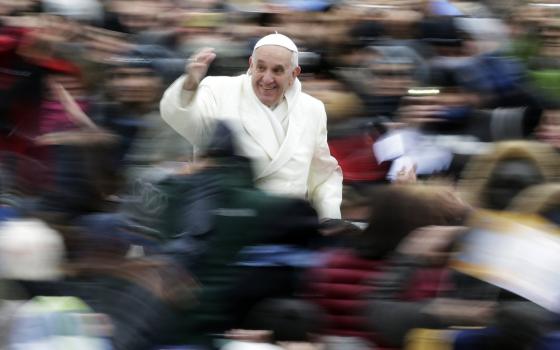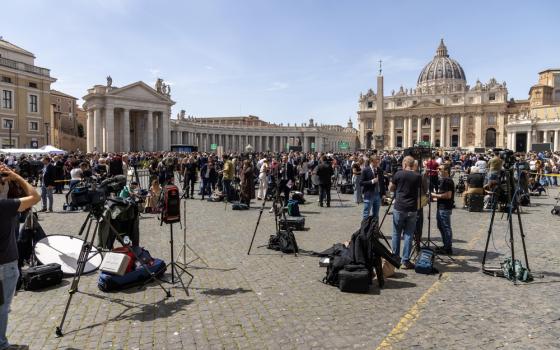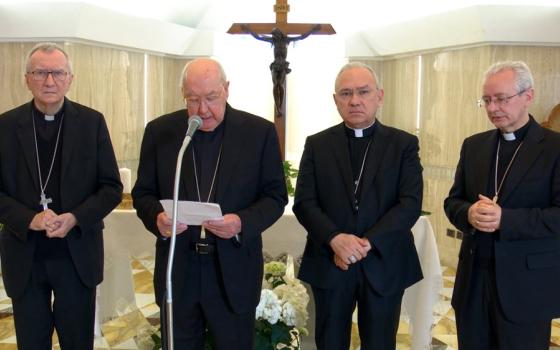Phil Lawler has penned an attack on Sister Carol Keehan, DC, arguing that she is "equivocating" on the topic of episcopal authority because, even while she acknowledges that authority, she has disagreed with some of its applications.
The key part of his argument is this: "In the Catholic Church, on the other hand, the faithful believe that because of his grace of state, because of the guidance of the Holy Spirit, the bishop is better suited to make a decision on matters of faith and morals—and in this case, on the interpretation of the ERDs. So when a bishop makes a judgment about the application of the ERDs—and especially when the bishop takes formal action on the basis of his judgment, as Bishop Olmsted did—he is not merely issuing one opinion among many. He is settling the question."
A couple of questions leap to mind. Does Mr. Lawler think that Archbishop Gomez and Cardinal Mahoney have "settled the question" of immigration reform? Does Mr. Lawler think Bishop Olmsted's apostolic authority extends to clinical judgment? Might not Sr. Carol's disagreement with Bishop Olmsted be found in her different assessment of the clinical situation, not in the ethical directives themselves? And, what happens when one bishop does one thing and another does something else?
Sr. Carol granted that within the diocese of Phoenix, Bishop Olmsted did indeed "settle the question." She is not only entitled to think he settled it wrongly, but her disagreement with his decision while maintaining his right to make it is the highest form of obedience. Obedience is easy when you agree with your superior. It takes courage to be obedient when you disagree.




